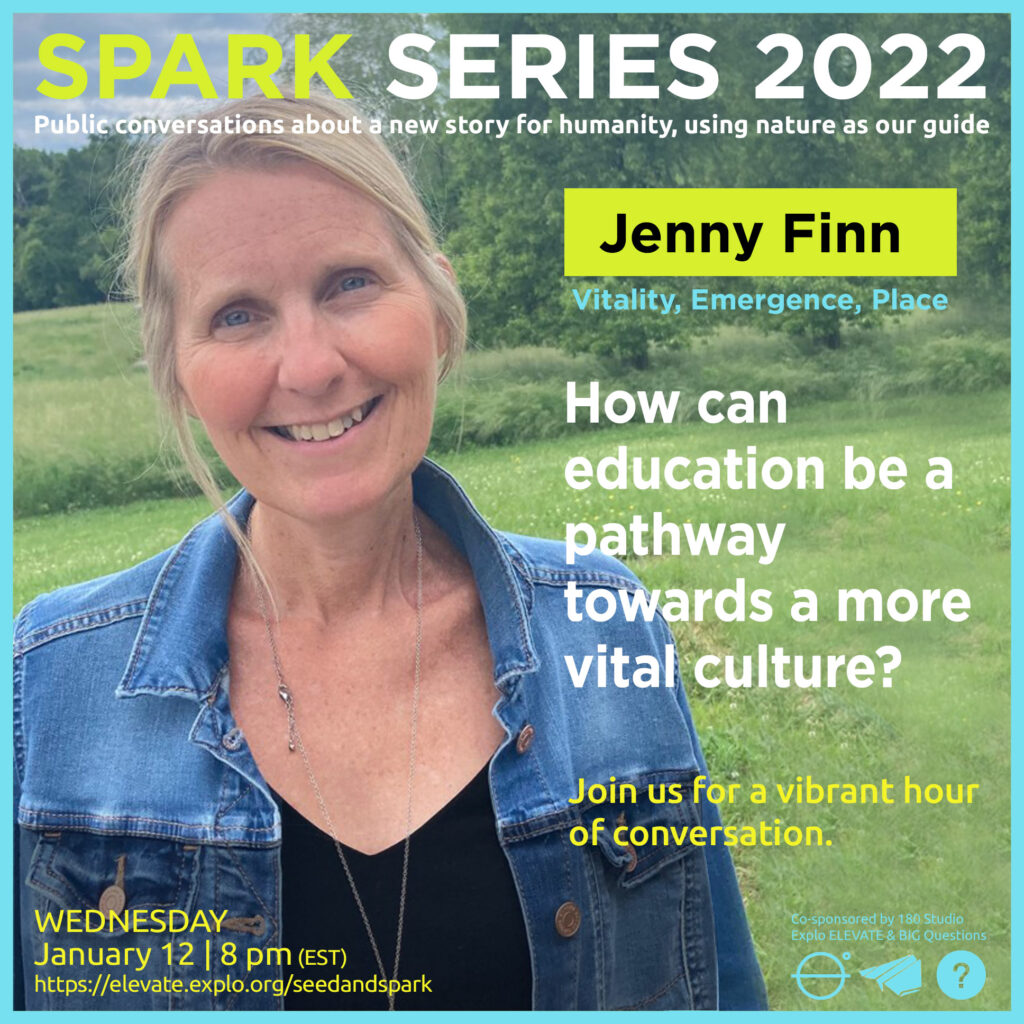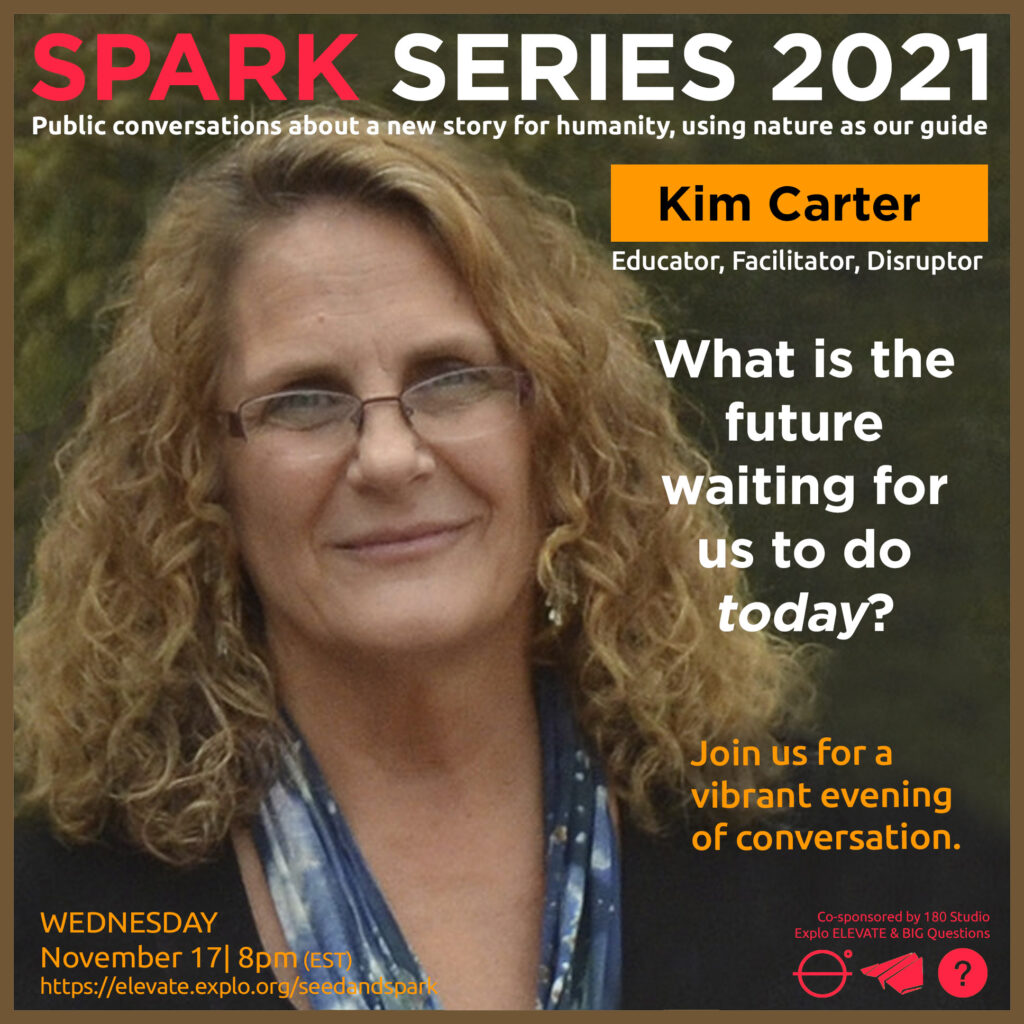This month, schools across the country are hard at work preparing auditoriums, printing programs, checking commencement speeches, and readying for the arrival of one of our society’s most cherished rites of passage – the high school graduation ceremony.
Perhaps by this time next year, we can do our students an even greater service and scrap the high school diploma altogether.
OK, maybe not next year, but soon. After all, almost every component of today’s traditional diploma reflects yesterday’s traditional thinking – if by yesterday we mean the 19th century.
It was 1893, to be precise. That’s when the first blue-ribbon commission was assembled to study the nation’s schools, which, at that point, were still largely decentralized. Among its findings, the ten-person committee recommended that “every subject which is taught at all in a secondary school should be taught in the same way and to the same extent to every pupil.” Not long thereafter, the College Entrance Examination Board was established in order to create a common assessment and set uniform standards for each academic subject. Couple those developments with the rise of the Industrial Era, the exponential growth of immigration, and the need to move an unprecedented number of students through the system, and you have the seeds that slowly gave shape to the public schools we have today.
Although these developments were clearly pivotal in fueling American growth in the 20th century, it’s equally clear that same system is ill-suited for the particular challenges and opportunities of the 21st. Which brings us back to the high school diploma – a document that still depends, in most places, on the same set of required courses, the same set amount of “seat time,” and the same set of curricular content that students have been studying since the end of the second World War. No wonder that more than half our students have been classified as chronically disengaged – and that figure doesn’t even include absentees and dropouts!
We can do better. But first we need to shake free from the comforting familiarity of the pomp and circumstance of high school as we have come to know it.
The good news is that several schools across the country are already taking this courageous step. One such place is the Monadnock Community Connections School, or MC² for short (mc2school.org). A public school of choice in New Hampshire, MC² was founded to fulfill a distinctly 21st century mission: “Empowering each individual with the knowledge and skills to use his or her unique voice, effectively and with integrity, in co-creating our common public world.” As school founder Kim Carter explains, “Learning at MC² is personalized – so it can be tailored to each student’s learning needs; experiential – because students learn best by doing; negotiated – so that students can participate in decisions about what they will learn; and community-based – because learning takes place through a variety of community interactions.”
As you might expect, MC²’s goals and mission force it to look quite different from the typical high school. Instead of annually promoting kids from one grade to the next, students at MC² cannot progress until they have demonstrated mastery in a set of core competencies. Students spend as much time learning out of the school building as they do in it. Every student must write a 100-page autobiography in which they reflect on the people and events that have shaped the person they have become. And no one receives a diploma until they have successfully made a public presentation of their own personal growth and preparedness for adult life. (You can view a few of those presentations here).
In schools like this, the old adage is turned on its head: children are to be seen and heard. In schools like this, academic learning is balanced by an equal emphasis on emotional and vocational growth. And in schools like this, teachers and administrators have stopped relying on Industrial-Age benchmarks, and started identifying which Democratic-Age habits of mind and being will be most essential to their students’ future success as global citizens.
To create places like this for every child, we don’t need to sacrifice our desire for greater rigor, equity or accountability – but we do need to scrap many of our most time-tested symbols of schools, and of schooling. Redefining the requirements of a high school diploma is a great place to start.


Recent Comments